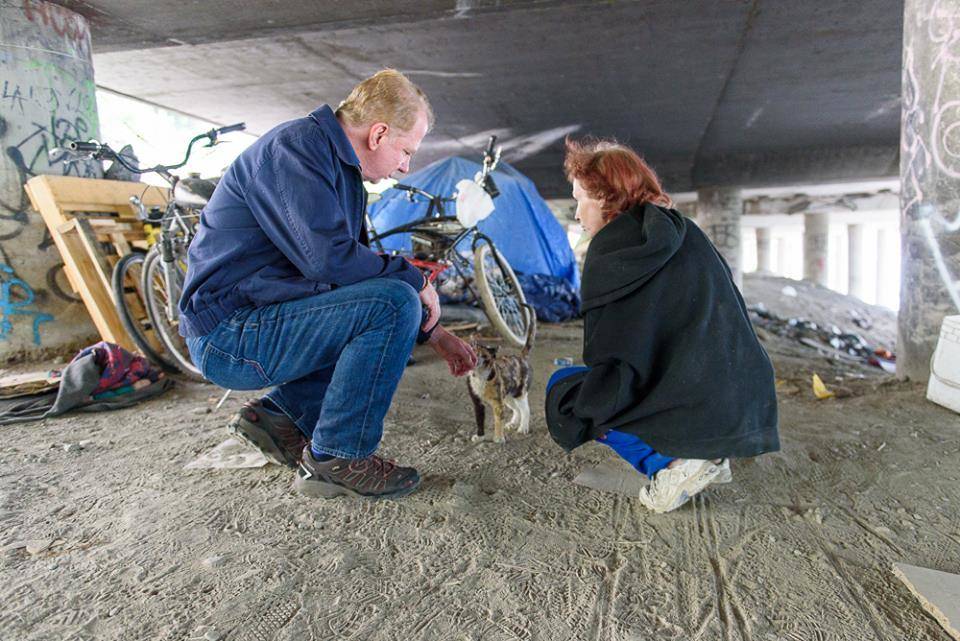A complaint submitted to the state Public Disclosure Commission (PDC) and the Seattle Ethics and Election Commission (SEEC) alleges that Mayor Ed Murray and other officials improperly used the platform and resources of public office in support of a measure coming up on the August city ballot. The complaint was filed by a group which opposes the proposed I-126 ballot measure to double city funding for homelessness mitigation by raising property taxes.
Filed by by Magnolia resident Elisabeth Campbell on behalf of a small citizens’ group group called Safe and Affordable Seattle, the complaint alleges that city leaders and employees have been “improperly, nay even fraudulently acting as the chief proponent of a citizens’ initiative.” The group further alleges the mayor and others have “induced others to act as the City of Seattle’s officials’ straw sponsor of a citizens’ initiative” and “also improperly used the resources of the City of Seattle to both sponsor and support that citizens’ ballot proposition.”
Among those many—nay, multitudinous—accusations, the charge of mixing public duties and resources with campaign advocacy has the most likelihood of gaining traction. The state rules are clear: “No elective official [or other public employee]…may use or authorize the use of any of the facilities of a public office or agency, directly or indirectly, for the purpose of assisting a campaign for election of any person to any office or for the promotion of or opposition to any ballot proposition.” There are some narrow exceptions to the rule, none of which obviously apply here.
In his 2017 State of the City address, Murray said, “I believe we must double the City’s spending on homelessness. I have asked local entrepreneur and civic activist Nick Hanauer and Daniel Malone, the Executive Director of Downtown Emergency Services Center, along with Councilmembers Juarez and Bagshaw, to lead an advisory group that sends me a funding package within 14 days that achieves this goal. This package would raise an additional 55 million dollars per year, paid for by an increase in the commercial and residential property tax – around 13 dollars per month for the median household.” In the view of the complainants, this statement clearly violates the firewall between public office and campaign advocacy, as does the labor of public employees that was presumably used to craft the ballot initiative.
The SEEC and PDC both have policies against commenting on complaints before fully reviewing them. In addition to Murray, the complaint names city councilmembers Sally Bagshaw, Debora Juarez and Mike O’Brien, mayoral cabinet members George Scarola and Catherine Lester, investor Nick Hanauer (who is bankrolling the campaign), Downtown Emergency Services Center (DESC) director Daniel Malone, and several political consultants. It does not include evidence of elected leaders other than Murray using their office for campaigning. Bagshaw, O’Brien and Murray’s offices declined to comment on the complaint; we’re waiting to hear back from Juarez’s office.








